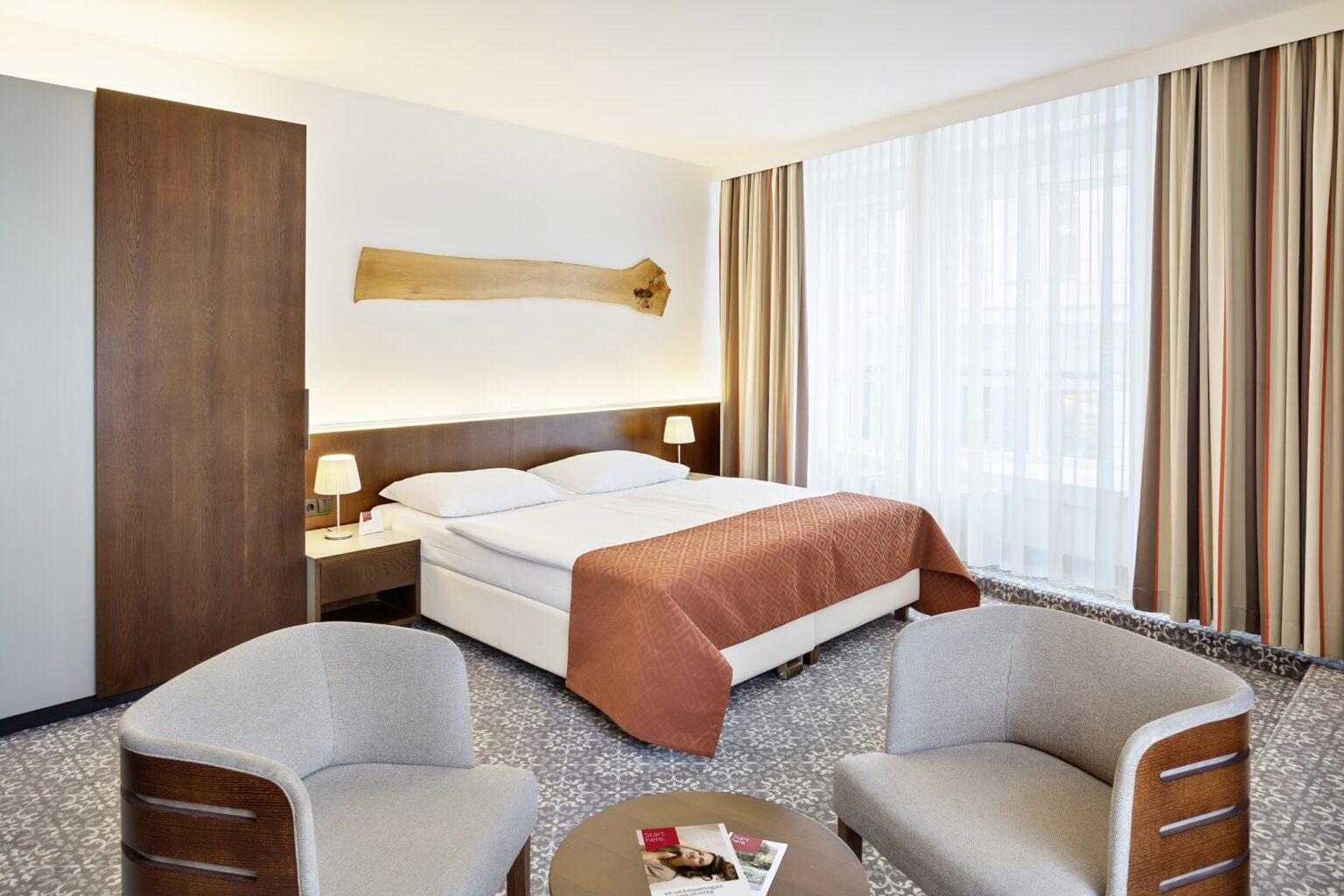Overarching hotel trends, which are relevant at all times and which you should continuously monitor, and specific COVID-related trends, which have emerged as a direct result of the coronavirus global pandemic and its effects on both the travel industry and hotel management, can be divided into two categories in the hotel industry.
1. Emphasis on Safety and Hygiene
Hotels were forced to prioritize safety and sanitary procedures far more heavily as a result of the coronavirus danger. Although though these elements have always been significant, many customers increasingly consider them when making a booking decision because they want to reduce any unneeded risks involved with traveling.
New hygiene and safety measures need to be implemented, meaning increased cleaning, the provision of hand gel and, in some cases, requirements for mask-wearing in shared spaces. In order for customers to be aware of your efforts and for guests to feel comfortable while they are staying, these procedures also need to be a part of your hotel marketing strategies.
2. Demand for Contactless Payments
Contactless payment is an example of a hotel technology that has been around for a while, but which has gained extra significance against during and after the coronavirus pandemic. This is due to the fact that contactless payments reduce the number of surfaces that customers must touch, protecting them while also enhancing employee safety.
In addition to health and safety benefits, contactless payments offer convenience, allowing customers to make payments more easily and much quicker. Offering customers, the ability to make contactless payments in as many areas of your hotel as possible can also be an effective way to enhance your cross-selling efforts too.
3. The Deployment of Hotel Chatbots
Another significant trend in the hotel industry to be aware of is chatbots, which can be particularly helpful when staff may be unavailable due to other hotel operations and activities or during the closed hotel office hours.
One of the best things about chatbots is their 24/7 availability. They can be used to boost direct bookings, offer automated support throughout the booking process, and quickly communicate with customers in a variety of languages. Additionally, chatbots can help with follow-up, cross-selling, and upselling efforts.
4. Increased used of Hotel Robots
The development in the employment of robots rates among the most exciting hotel trends, with different organizations employing robotics for diverse goals. Robots have been used by some hotels as concierges, greeting visitors and dispensing pertinent information, or acting as the initial point of contact for customer service.
Yet, other hotels have gone further, using robots to provide room service, carry luggage, or assist with cooking food. Robots can also be used for housekeeping, helping to clean rooms and generally improving hygiene standards. This can significantly cut costs by reducing customer-staff interaction.
5. More Widespread Use of Voice Control
The introduction of more voice control technologies is another hotel trend that can be used to limit client contact with surfaces. This technology can be utilized within hotel rooms, for example, in order to regulate everything from the room temperature to the channel on the television.
Voice control provides the extra benefit of helping to improve the customer experience through convenience. Customers may be able to contact the front desk or access information from the internet using smart speakers or voice-activated hubs. In your marketing materials, you can also advocate for the adoption of voice control technology.
6. Implementation of Virtual Reality
Virtual reality must be covered while talking about contemporary technological solutions. This enables users to interact with a realistic digital representation of a physical site, which might be essential for persuading clients to finish a booking.
Virtual reality tours can also be vital for generating bookings for weddings and business events, because these tours allow customers to experience the facilities without needing to travel to see them in person. Visitors might also potentially enjoy surrounding tourist sites, national parks, and hotel rooms. Most modern VR tours may be completed using a web browser, while using a VR gear might enhance the experience.
7. Mobile Check-In Technology
As a result, arriving and departing guests may experience smoother check-in procedures. The fact that the check-in technology requires guests to download the hotel app means that it can be used to distribute important customer information or even promotional messages, making it simple for your hotel to upsell or cross-sell.
The absence of actual keys, which prevents scenarios where they are lost, destroyed, or stolen, is another advantage of mobile check-in technology. Instead, a smartphone will be used to manage every aspect of room entry.
8. Capitalize Fully on Voice Search
Voice search is one of the largest rising trends within the travel sector in general. Voice searches have increased as a result of the popularity of smartphone assistants like Siri and Alexa as well as the expansion of the smart speaker market. As a result, client expectations have changed.
Customers today want to be able to make hotel reservations solely with their voice. It is crucial that your website and booking engine are optimized in order to facilitate these bookings. Failing to provide this option can result in other hotels taking guests who may otherwise have booked with you.
9. Smart Hotels
Smart hotels are hotels that incorporate the Internet of Things (IoT) into its operation, using smart devices and systems to streamline the day-to-day running of the hotel, make things more efficient and improve guests’ experience. A smart hotel might use internet-enabled HVAC equipment to fine-tune the temperature and ventilation in each room for optimum comfort and least energy waste. Smart hotels may also allow guests to use technology such as phone apps or voice control to operate heating and cooling, lighting and entertainment systems more easily. The demand for smart hotel rooms is likely to increase as more people use smart technology in their homes.




